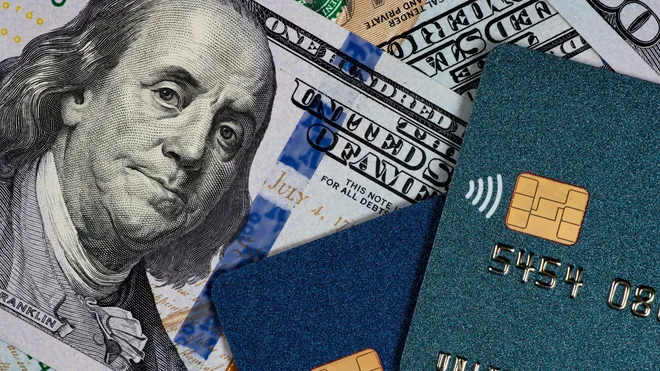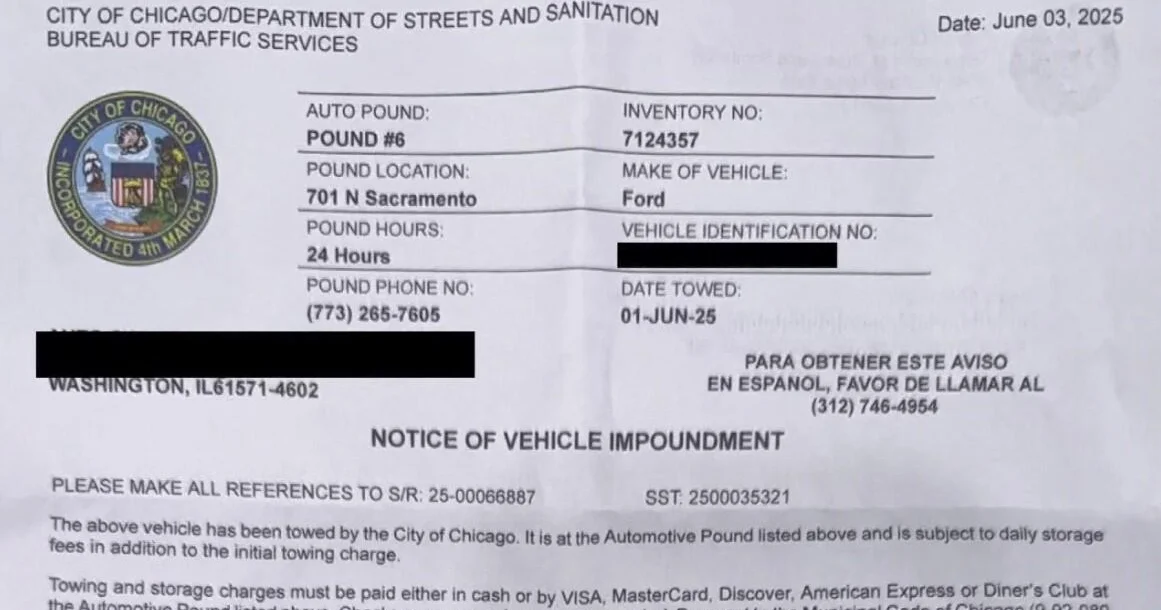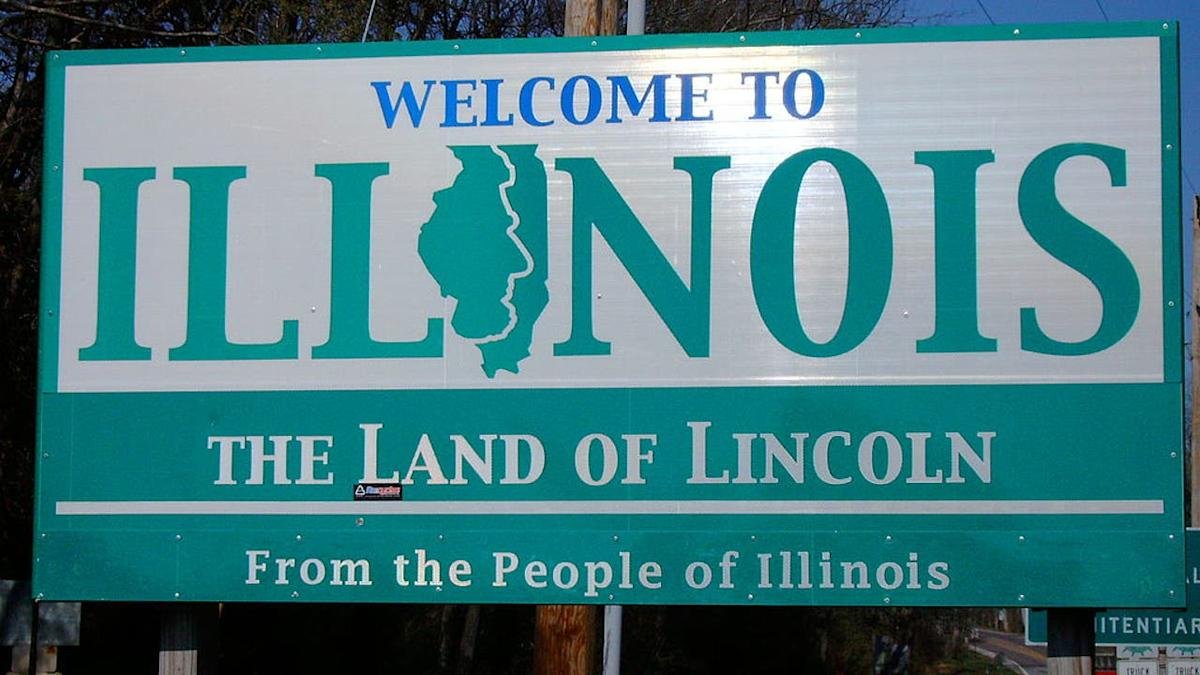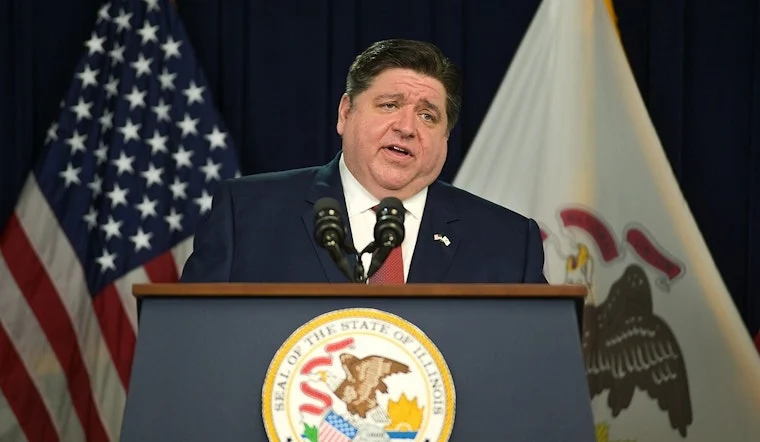ILLINOIS — Gov. JB Pritzker has signed a law delaying the enforcement of Illinois’ swipe fee ban, amid a deepening legal dispute between banks and retailers over who should shoulder transaction costs at the checkout counter.
The delay comes as banks celebrate the pause, while small retailers say the move burdens businesses and customers alike.
Swipe Fees: What’s at Stake
Swipe fees—formally known as interchange fees—are charged by banks and credit card companies every time a customer uses a card at a register. While bipartisan lawmakers previously moved to restrict these fees from being applied to sales taxes, banks pushed back, saying implementation without a clear compliance system could cause chaos.
Ashley Sharp, legislative counsel for the Illinois Credit Union League, emphasized the complexity of modern card processing, saying,
“We’re talking about a global payment system… a lot of different parties have to understand how that process works to move smoothly.”
Retailers Say Delay Is Costly
The Illinois Retail Merchants Association (IRMA) argues the fees are eating into small business margins.
“Those fees are sometimes the second to third largest expense for a retailer,” said IRMA President Rob Karr, who noted that swipe fees on sales tax—which retailers collect on behalf of the state—are particularly unfair.
Karr told WAND News that Illinois retailers shouldn’t be charged fees on money that doesn’t belong to them in the first place. “We shouldn’t have to pay those costs, particularly because the state cut the retail discount,” he said.
Federal Injunction Complicates Law’s Future
A federal judge granted a partial preliminary injunction in December 2024, exempting national and out-of-state banks from complying with the law. However, Illinois-chartered banks and credit unions would still be bound by it, raising concerns about uneven enforcement.
In light of the legal confusion, Sharp said lawmakers should reconsider the law altogether:
“This law does require more careful consideration, especially given the pending litigation and the results that might stem from it.”
What’s Next for Illinois Lawmakers
House Bill 742, which delays the fee restriction, passed the Senate with a 52–4 vote and the House with a 103–9 vote. While the law’s enforcement has been postponed, IRMA vowed to continue pushing lawmakers to uphold their commitment to reduce swipe fees in the future.
Karr said his organization will work to ensure that the law is not delayed any further in 2026.
Read More: Illinois National Guard Joins Polish Forces for Advanced Combat Training in Europe
Why It Matters for Illinois Shoppers and Businesses
Swipe fees are a hidden cost that often gets passed on to consumers. Small businesses say limiting these fees would help reduce prices, especially during times of inflation and tight margins. On the other hand, banks argue that uniform standards and international processing systems make rapid changes impractical without coordination.
As the legal battle unfolds, both sides are watching closely—because the outcome could reshape how much Illinois shoppers and shop owners pay in processing costs for years to come.
What do you think about the swipe fee delay? Does it help businesses—or protect banks? Share your thoughts with us at ChicagoSuburbanFamily.com.









